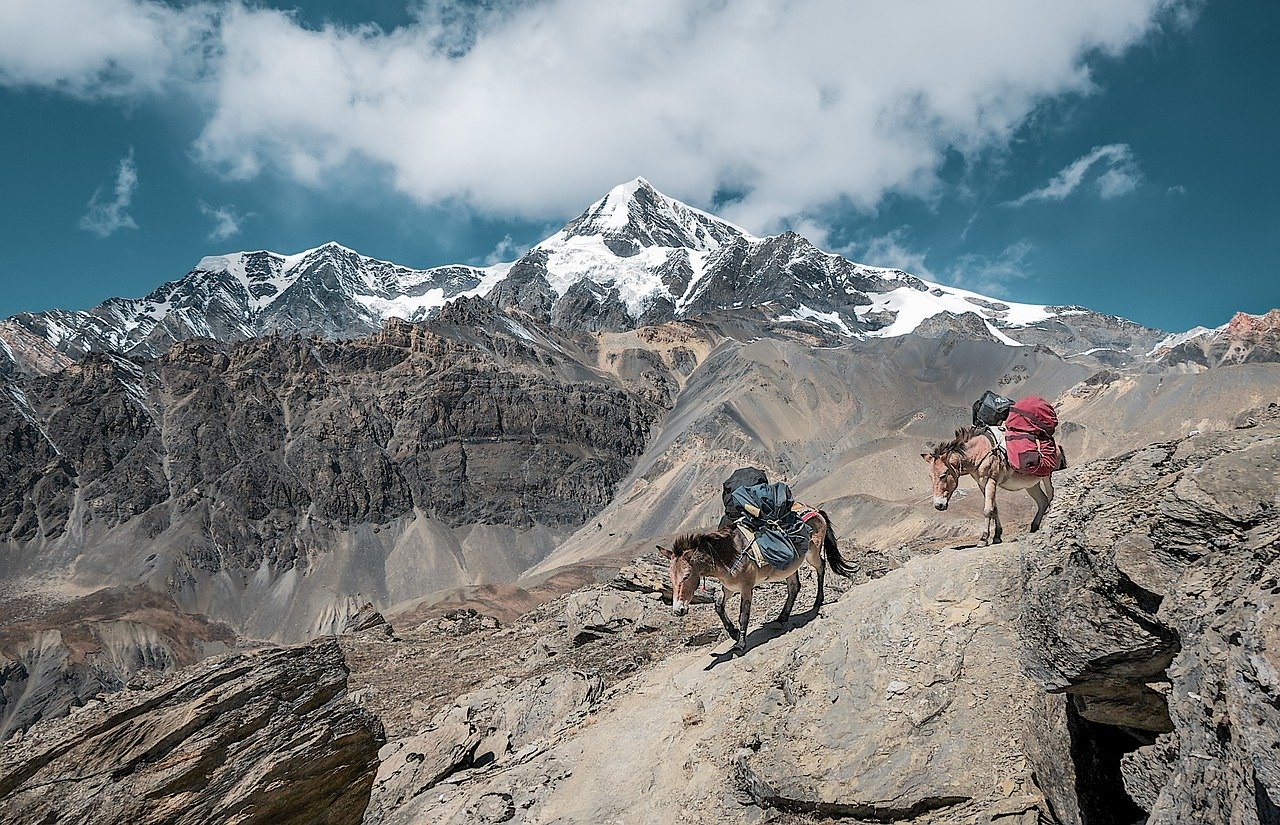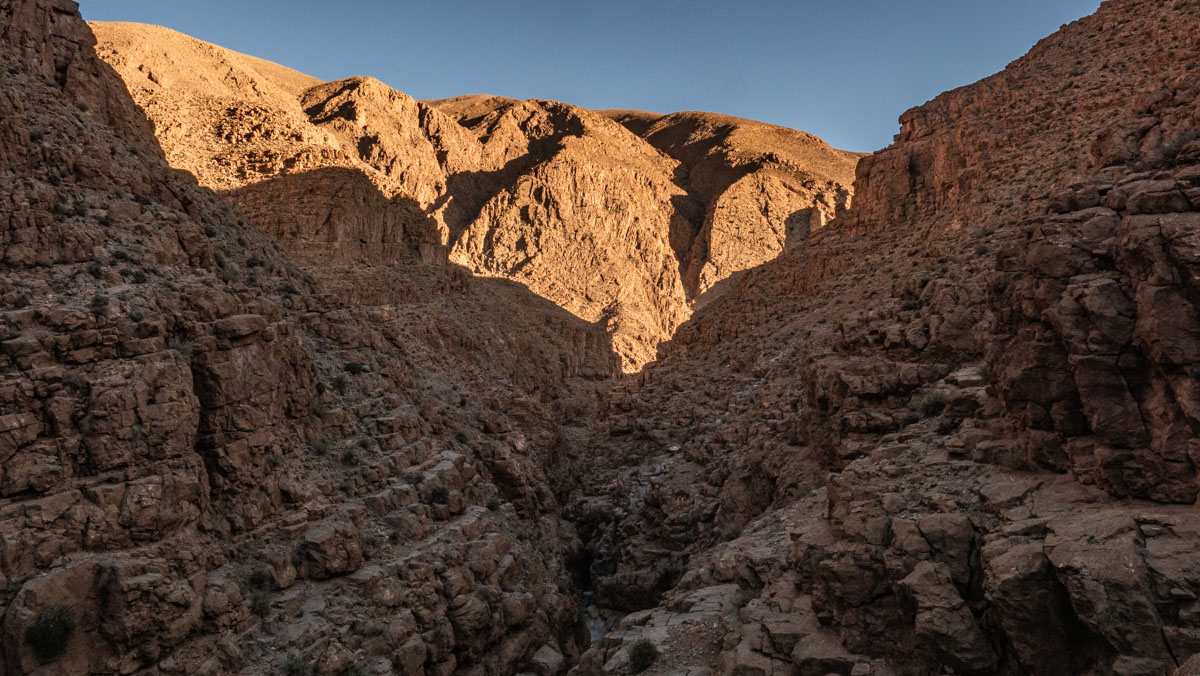

Exploring the Agriculture and Farming Techniques of the Atlas Mountains
The Atlas Mountains in Morocco offer a unique opportunity to explore traditional agriculture and farming techniques that have been passed down through generations. One of the best ways to experience this firsthand is by visiting Auberge Atlas Dades, a charming guesthouse nestled in the heart of the mountains. Here, visitors can not only enjoy the stunning natural beauty of the region but also learn about the sustainable practices that have sustained communities in this rugged terrain for centuries.
Traditional Crops and Cultivation
One of the most fascinating aspects of agriculture in the Atlas Mountains is the cultivation of traditional crops such as barley, wheat, and olives. These crops are well adapted to the harsh mountain climate and are essential for the livelihoods of the local Berber communities. Visitors to Auberge Atlas Dades can witness firsthand the meticulous care that goes into tending these crops, from the planting season to the harvest.
Terrace Farming
One of the defining features of agriculture in the Atlas Mountains is the use of terrace farming. Due to the steep slopes of the mountains, farmers have ingeniously carved out terraces on the hillsides to create flat areas for cultivation. This ancient technique not only prevents soil erosion but also maximizes the use of limited arable land. At Auberge Atlas Dades, guests can see these terraces up close and appreciate the skill and labor required to maintain them.
Irrigation Systems
Water scarcity is a significant challenge in the Atlas Mountains, making efficient irrigation systems crucial for successful farming. Local farmers have developed ingenious methods of capturing and distributing water, such as qanats and khettara systems. These traditional techniques harness water from mountain springs and snowmelt, allowing crops to thrive even in arid conditions. Visitors to Auberge Atlas Dades can learn about these sustainable irrigation practices and their importance for agriculture in the region.
Berber Agriculture Traditions
The Berber people, who have inhabited the Atlas Mountains for centuries, have a deep connection to the land and a rich agricultural heritage. At Auberge Atlas Dades, guests can engage with local farmers and learn about the traditions and rituals associated with farming in the mountains. From sowing seeds to celebrating harvest festivals, the Berber agricultural calendar is steeped in cultural significance and offers a fascinating glimpse into a way of life that is both ancient and enduring.
Sustainable Practices
As global concerns about sustainability and climate change grow, the agricultural practices of the Atlas Mountains serve as a model of resilience and adaptation. By prioritizing organic farming methods, crop rotation, and water conservation, farmers in the region have been able to maintain a delicate balance between human needs and environmental stewardship. Auberge Atlas Dades is a living example of these sustainable practices, where guests can witness firsthand the harmony between agriculture and nature.
In conclusion, exploring the agriculture and farming techniques of the Atlas Mountains is not only a journey into the heart of a unique landscape but also a window into the traditions and ingenuity of the people who call this rugged terrain home. Through a visit to Auberge Atlas Dades,


Exploring the Agriculture and Farming Techniques of the Atlas Mountains
When it comes to exploring the agriculture and farming techniques of the Atlas Mountains in Morocco, there are a few key tips that can help visitors make the most of their experience. Whether you are a seasoned traveler or a first-time visitor, understanding the unique agricultural practices of this region can provide valuable insights into the local culture and way of life.
1. Engage with Local Farmers
One of the best ways to learn about the agriculture and farming techniques of the Atlas Mountains is to engage with local farmers. They are the experts who have been working the land for generations and have a wealth of knowledge to share. By visiting local farms and talking to the farmers, you can gain a deeper understanding of the challenges and innovations in agriculture in this region.
2. Take a Guided Tour
If you are interested in a more structured experience, consider taking a guided tour of the agricultural areas in the Atlas Mountains. A knowledgeable guide can provide valuable insights into the farming practices, the crops grown, and the impact of agriculture on the local economy. Guided tours often include visits to traditional farms, cooperative associations, and agricultural research centers.
3. Attend Agricultural Festivals
Another great way to immerse yourself in the agricultural traditions of the Atlas Mountains is to attend agricultural festivals. These events showcase local produce, traditional farming techniques, and cultural performances related to agriculture. By participating in these festivals, you can witness firsthand the importance of agriculture in the local community.
4. Learn About Irrigation Systems
Water management is crucial in the arid climate of the Atlas Mountains. Take the time to learn about the traditional irrigation systems used in the region, such as terraced fields, qanats, and water diversion channels. Understanding how water is managed in this challenging environment can give you a new appreciation for the ingenuity of local farmers.
5. Support Sustainable Agriculture
As you explore the agriculture of the Atlas Mountains, consider ways to support sustainable farming practices. Look for opportunities to buy local produce directly from farmers, choose eco-friendly accommodations that promote sustainable agriculture, and engage in responsible tourism practices that benefit the local community. By supporting sustainable agriculture, you can help preserve the unique farming heritage of the Atlas Mountains.


Exploring the Agriculture and Farming Techniques of the Atlas Mountains in Morocco
When it comes to exploring the rich culture and diverse landscapes of Morocco, a journey to the Atlas Mountains is a must. This region not only offers breathtaking views and unique experiences but also provides insight into the traditional agriculture and farming techniques that have sustained communities for generations.
The Atlas Mountains: A Haven of Agricultural Diversity
The Atlas Mountains, stretching across Morocco, are known for their diverse ecosystems and microclimates. This diversity has allowed the Berber communities living in the region to develop a wide range of agricultural practices that are both sustainable and efficient.
Agriculture in the Atlas Mountains is characterized by terraced fields that cascade down the slopes, maximizing the use of arable land. Crops such as wheat, barley, and olives are common in the lower altitudes, while higher up, apples and cherries thrive in the cooler climate.
Traditional Farming Techniques
One of the most fascinating aspects of agriculture in the Atlas Mountains is the use of traditional farming techniques that have been passed down through generations. The irrigation systems, known as khettaras, date back centuries and are still used today to channel water from mountain springs to the fields below.
Another traditional practice is transhumance, where herders move their livestock between seasonal pastures, allowing the land to rest and regenerate. This sustainable approach to grazing ensures the long-term health of the ecosystem.
Visitors to the Atlas Mountains can witness these traditional farming techniques in action, gaining a deeper understanding of the close relationship between the Berber people and the land they cultivate.


When planning a trip to explore the agriculture and farming techniques of the Atlas Mountains, there are several recommendations to consider to make the most of your experience. Whether you are a seasoned traveler or a first-time visitor to Morocco, these tips will help you prepare for your journey, enjoy your time in the mountains, and reflect on your adventures afterwards.
Before the Trip:
Before embarking on your exploration of the Atlas Mountains, it is essential to do some research about the region’s agriculture and farming practices. Understanding the history and significance of these techniques will enrich your experience and provide context for what you will observe during your visit.
Tip: Consider reading books or articles about Moroccan agriculture, talking to experts in the field, or joining online forums to learn more about the specific farming methods used in the Atlas Mountains.
During the Trip:
While in Morocco, be sure to immerse yourself in the local culture and interact with farmers and agricultural workers in the Atlas Mountains. Ask questions, observe their techniques, and participate in hands-on activities to gain a deeper insight into their way of life.
Recommendation: Stay at Auberge Atlas Dades, a charming guesthouse nestled in the heart of the Atlas Mountains. This cozy accommodation not only offers breathtaking views of the surrounding landscapes but also provides a unique opportunity to connect with local communities and learn about their farming traditions.
After the Trip:
After returning from your journey, take some time to reflect on your experiences in the Atlas Mountains. Consider how the trip has impacted your perspective on agriculture, farming, and sustainable practices. Share your insights with others to spread awareness about the importance of preserving traditional farming techniques.
Reflection: Write a travel journal, blog about your adventures, or give a presentation to your community to share the knowledge you have gained from exploring the agriculture and farming techniques of the Atlas Mountains.




Frequently Asked Questions
1. What are the main agriculture products of the Atlas Mountains?
The main agricultural products of the Atlas Mountains include olives, almonds, figs, and cereals such as wheat and barley.
2. How do farmers in the Atlas Mountains deal with the mountainous terrain?
Farmers in the Atlas Mountains use terracing techniques to create flat areas for cultivation on the steep slopes of the mountains.
3. What is the significance of water management in agriculture in the Atlas Mountains?
Water management is crucial in the Atlas Mountains due to the limited water resources, with farmers relying on traditional irrigation systems such as qanats and acequias.
4. How does the climate of the Atlas Mountains affect agriculture?
The climate of the Atlas Mountains, with its cool temperatures and moderate rainfall, is ideal for the cultivation of fruit trees and crops that thrive in temperate conditions.
5. Are there any unique farming practices specific to the Atlas Mountains?
One unique farming practice in the Atlas Mountains is the cultivation of argan trees for their nutrient-rich oil, which is used in cosmetics and culinary applications.
6. How do farmers in the Atlas Mountains adapt to seasonal changes?
Farmers in the Atlas Mountains practice crop rotation and adjust their planting schedules to maximize yields and ensure a steady food supply throughout the year.
7. What role do traditional markets play in the agriculture of the Atlas Mountains?
Traditional markets in the Atlas Mountains serve as important hubs for farmers to sell their produce and exchange agricultural knowledge and techniques with one another.
8. How are modern agricultural practices impacting farming in the Atlas Mountains?
Modern agricultural practices, such as the use of machinery and irrigation technologies, are slowly being adopted in the Atlas Mountains, improving efficiency and productivity.
9. What are the main challenges faced by farmers in the Atlas Mountains?
Challenges faced by farmers in the Atlas Mountains include climate change, water scarcity, and the need to balance traditional methods with modern techniques for sustainable agriculture.
10. How can visitors learn more about the agriculture and farming techniques of the Atlas Mountains?





